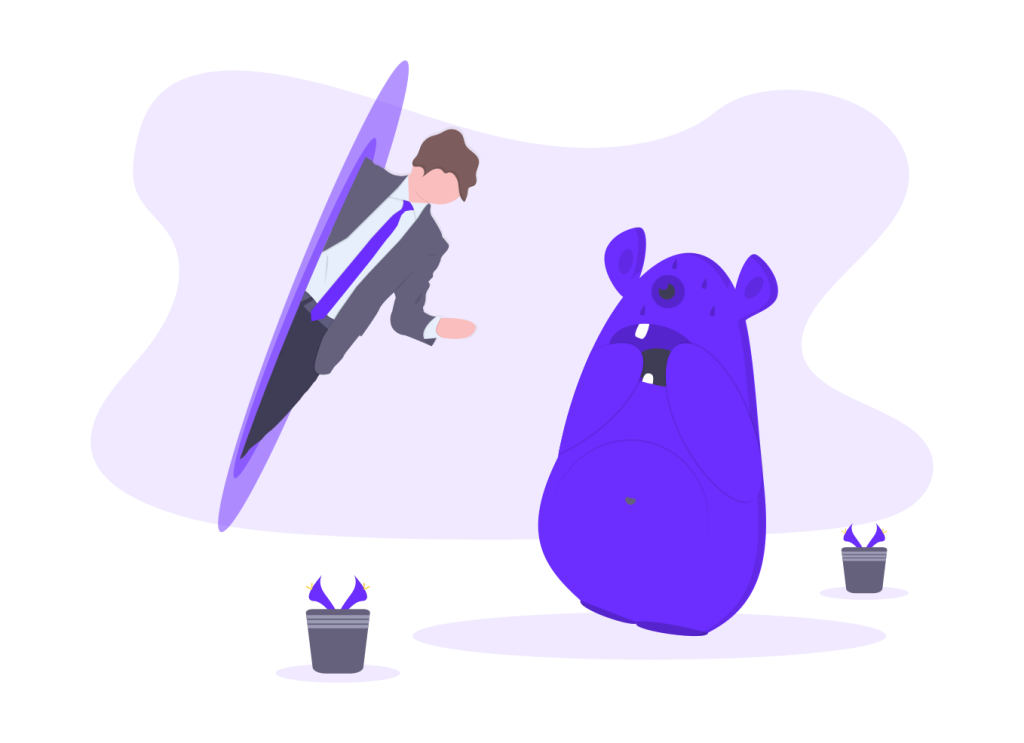Ever felt like your social media is more of a headache than a help? Trust me, you’re not the only one. In the fast-paced digital world of 2025, social media has seeped into nearly every aspect of our daily lives. But let’s face it: not all platforms are worth your time. Some are just digital landmines, causing more stress than they’re worth.
Now, imagine knowing exactly which platforms to steer clear of. That’s where I come in. I’ve scoured the digital landscape to bring you the definitive list of the top six worst social media platforms in 2025. These platforms are notorious for their issues, ranging from privacy breaches to toxic user environments. In fact, a recent study revealed that 86% of users feel more anxious after using these platforms, 89% of users feel social media negatively affects their mental health, and another report highlighted a 32% of users feel addicted to bad news online.
This is your wake-up call. My aim isn’t just to criticize these platforms but to give you the power to make smarter, more informed choices about your online presence. Join me as I unveil the platforms that could be sabotaging your digital well-being. It’s time to bid farewell to the frustration and welcome a more satisfying, less stressful digital life.
The Original Vision of Social Media Platforms
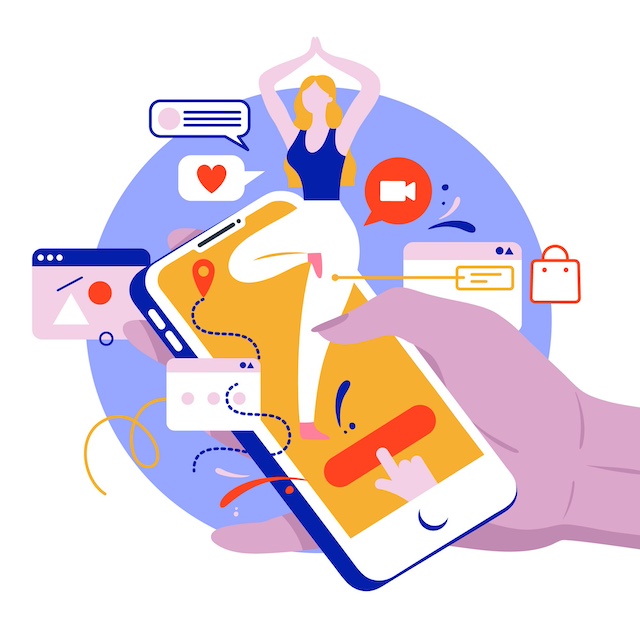
Think back to when you first joined social media. It wasn’t just about scrolling through feeds; it was about forging real connections. Here’s a deeper dive into the initial goals of social media and how they shaped our digital interactions:
- Community Building with a Twist: Originally, social media platforms were envisioned as digital hubs for strengthening relationships and forging new connections. For example, platforms like the early Facebook made it easy to reconnect with long-lost school friends or relatives living afar.
Pro Tip: To harness the true spirit of community building, try joining niche groups on these platforms that align with your interests or hobbies. You’ll find like-minded individuals who can transform your social media experience from mindless scrolling to meaningful interaction.
- Information Sharing Redefined: These platforms were also intended as dynamic spaces for exchanging ideas and information. From sharing personal milestones to discussing global events, social media was the new-age public square. A survey by the Pew Research Center found that 53% of adults use social media as a news source, highlighting its role in information dissemination. However, with the advent of fake news, it’s more important than ever to cross-check information with credible sources.
Tool Suggestion: Consider using browser extensions like NewsGuard or FactCheck.org to verify the credibility of news shared on social media.
- Self-Expression and Beyond: Remember the thrill of sharing your first post? Social media gave everyone a personal stage for self-expression. It wasn’t just about posting photos or updates; it was about sharing your story with the world.
Stat Alert: According to a study by the Global Web Index, 42% of people use social media for self-expression, including sharing their achievements and everyday experiences. To make the most of this, ensure your posts reflect your true self rather than chasing likes and followers. Authenticity always resonates more with an audience.
As I proceed, let’s keep these original intentions in mind and see how they’ve evolved (or devolved) into the platforms making my ‘worst’ list in 2025. You can also check my article about the best and worst social media niches per platform.
From Digital Dreamlands to Digital Dystopias: What Went Wrong?
So, what flipped the script for social media platforms? It wasn’t an overnight change, but a gradual shift that turned these digital dreamlands into something quite different. Let’s unravel the factors that transformed some of the best platforms into the worst in 2025.
- The Algorithm Trap: Initially, social media algorithms were designed to show you more of what you like, but this soon morphed into a formula that prioritized engagement over quality. The result? A deluge of sensational content, echo chambers, and a decrease in diverse viewpoints.
Did You Know? A study by the MIT Technology Review revealed that polarizing content is 70% more likely to be shared on social platforms.
- Privacy Concerns: Remember when sharing felt safe? Over time, numerous data breaches and privacy scandals have shattered this trust. Users became products, with their data often exploited for commercial gains.
Pro Tip: Regularly update your privacy settings and be mindful of the personal information you share. Tools like Jumbo Privacy can help manage your digital footprint across various platforms.
- Toxic Communities: While these platforms aimed to bring people together, they sometimes did the opposite. Cyberbullying, misinformation, and online harassment grew rampant, often overshadowing the positive aspects of social media. That is why faceless niches are sometimes a great option..
Statistic Alert: According to Cyberbullying Research Center, over 37% of users have experienced cyberbullying, significantly causing mental health problems.
- The Pursuit of Profit: As social media companies went public and profit became a driving force, user experience often took a backseat to advertising and monetization strategies. This shift led to cluttered interfaces and constant upselling, diluting the user experience.
These factors combined have reshaped the landscape of social media, turning once-beloved platforms into sources of frustration and concern.
The Top 6 Worst Social Media Platforms in 2025
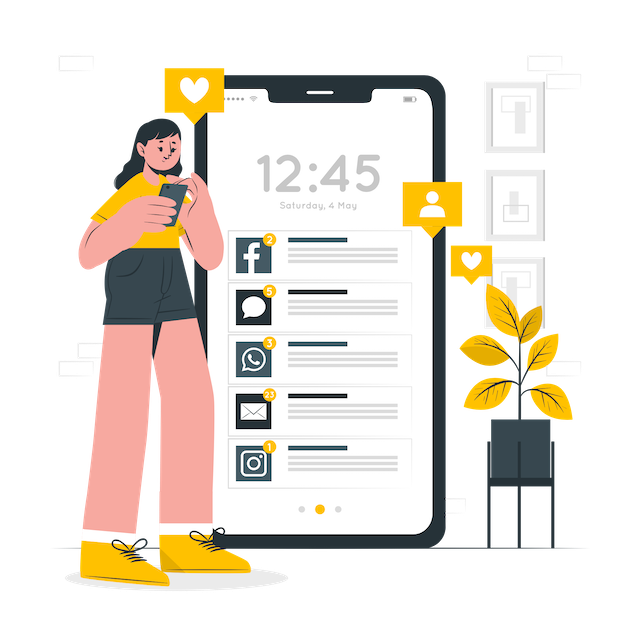
The digital world is constantly evolving, and unfortunately, not always for the better. Let’s dive into the six worst social media apps in 2025, examining each for what makes them particularly unfavorable for users today. Expect a mix of hard facts, user complaints, and striking statistics that paint a clear picture of their decline.
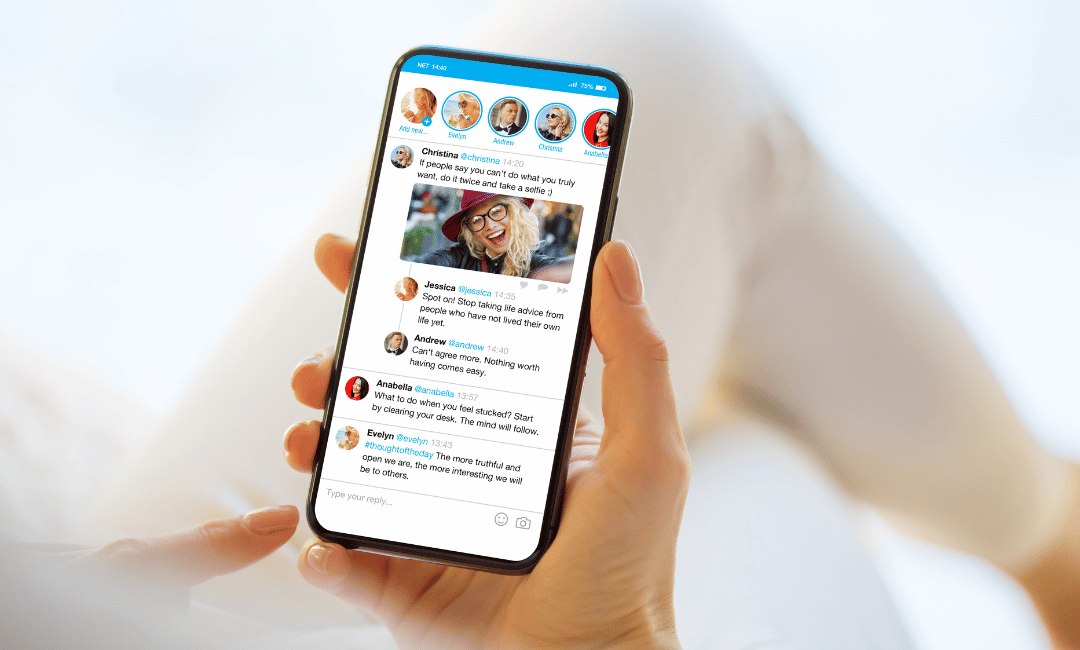
Once celebrated for its brevity and real-time updates, X has now become notorious for its toxic environment. In a study by SimpleTexting, X was identified as the most toxic social media platform, with a toxicity rating of 7.82 out of 10. A staggering 38.1% of survey respondents pinpointed X as the social media platform with the most trolling activity.
Beyond just trolling, X struggles with serious spam issues. According to GlobalData, up to 10% of Twitter users were found spammers by Elon Musk, further deteriorating the user experience. These issues have contributed to a widespread perception of X as an unsafe and unenjoyable social space.
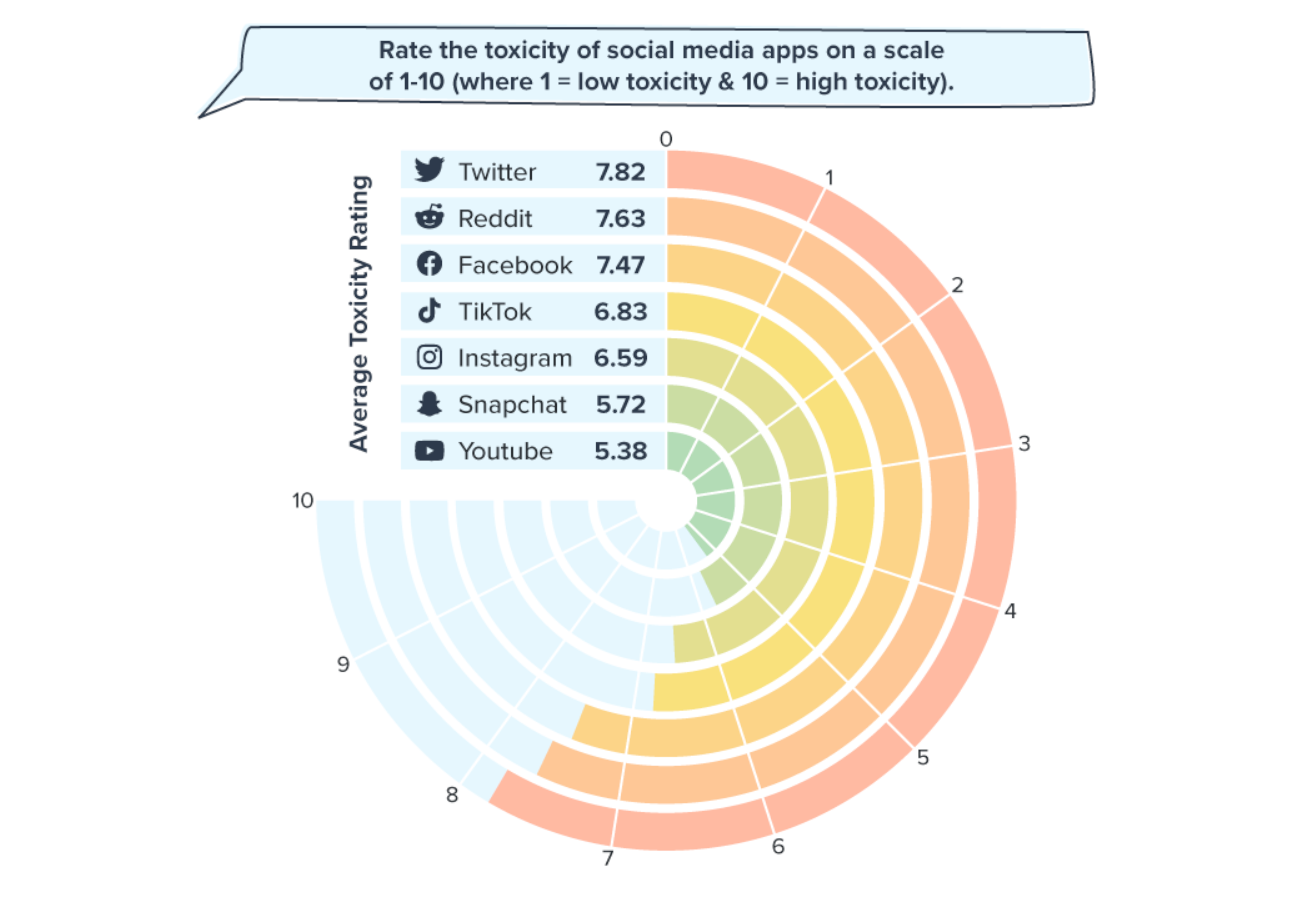
This toxic environment has real consequences. Six in ten people in the SimpleTexting survey expressed fear of posting about certain topics due to negative feedback, and 90% of Twitter users witnessed racist comments within their networks. This has not only diminished the quality of discourse on the platform but also severely affected the mental well-being of its users.
X is Best For
- Diverse User Engagement: X social media app offers diverse tools for communication, appealing to a wide user base.
- Multifaceted Features: It includes groups, events, and a marketplace, providing a comprehensive social experience.
- Global Reach: The platform connects users worldwide, fostering global interactions.
Worst For
- Data Privacy Issues: Persistent concerns about user data privacy and security.
- Algorithm Manipulation: Risks of echo chambers and misinformation spread.
- User Trust Erosion: Declining trust due to privacy scandals and data misuse.

Reddit, known for its user-generated content and communities, has faced its share of challenges. Despite being a social media site for diverse discussions and niche communities, Reddit was rated as the second most toxic app, with an average toxicity rating of 7.63 out of 10 according to the SimpleTexting survey.
Alongside its role as a hub for diverse content, Reddit’s troubles with toxicity are increasingly evident. An extensive analysis of over 1.2 million Reddit users found that about 16% are responsible for toxic posts and 13% for toxic comments. This includes direct insults, swear words, and milder insults like “hideous”.
The study highlights that more than one in eight Reddit users publish toxic content. It’s a significant number considering the platform’s vast user base, and it underscores the dark side of anonymity on the platform. The challenge for Reddit is profound: balancing the freedom and anonymity it provides with the need for a respectful and safe community.
For many users, the appeal of Reddit lies in its community-centric approach and the ability to dive deep into niche topics. However, the same features that make Reddit unique also contribute to its toxic environment. The challenge for Reddit moving forward is to balance the freedom of expression with the need to maintain a safe and respectful online community.
Reddit is Best For
- Community-Centric Discussions: Ideal for niche topics and in-depth community interactions.
- Freedom of Speech: Supports anonymity, fostering open dialogues.
- Varied Content Access: Wide range of content, from educational to entertainment.
Worst For
- Anonymity Breeding Toxicity: This can lead to unchecked negative behavior due to anonymous abuse.
- Moderation Challenges: Struggles with consistent content moderation.
- Echo Chamber Effect: Risks of reinforcing biased viewpoints.

Facebook’s journey from a social networking pioneer to a platform mired in controversy is a stark transformation. The SimpleTexting survey revealed that Facebook was voted the third most toxic app with an average rating of 7.63 out of 10, primarily due to its role in spreading misinformation and sowing discord.
The 2021 Facebook leak revealed a series of damaging insights about the platform. Internally, Facebook was aware of the harmful societal effects stemming from its platforms, yet it continued to prioritize profit over addressing these issues.
The leak, spearheaded by whistleblower Frances Haugen, shed light on a range of problems, including Facebook’s knowledge of negative impacts on teenage users of Instagram and the contribution of Facebook activity to violence in developing countries.
Several disturbing aspects of Facebook contribute to its reputation as one of the worst social media platforms:
- Widespread Data Collection: Facebook’s extensive data collection practices raise serious privacy concerns.
- Facial Recognition Concerns: The use of facial recognition technology has been criticized for potential privacy violations.
- Location Tracking: Features tracking user locations can pose security risks like other social media platforms.
- Mental Health Impact: The platform has been linked to negative effects on users’ mental health issues and causes low self-esteem.
- Echo Chambers: Facebook’s content curation can create echo chambers, limiting exposure to diverse viewpoints.
- Political Censorship and Misinformation: The platform faces challenges in managing political content and misinformation.
Facebook is Best For
- Extensive Network Connectivity: Unites users across the globe for social and professional networking.
- Diverse Content Sharing: Facilitates sharing of various content types, including news and personal updates.
- Business and Advertising: Effective platform for businesses and advertisers due to its vast user base.
Worst For
- Misinformation Spread: Challenges with controlling fake news, hate speech, and misinformation.
- Privacy Controversies: Repeated incidents of privacy breaches and data misuse.
- Mental Health Concerns: Potential negative impact on users’ mental health due to content and social comparisons.

Instagram, particularly known for its visually driven content, has been under scrutiny for its impact on mental health, especially among teenagers. Internal research by Facebook (now Meta) revealed that Instagram worsens body image issues for one in three teenage girls. The platform has been linked to fostering unrealistic ideals of appearance and body size, leading to negative social comparisons and heightened anxiety among its users.
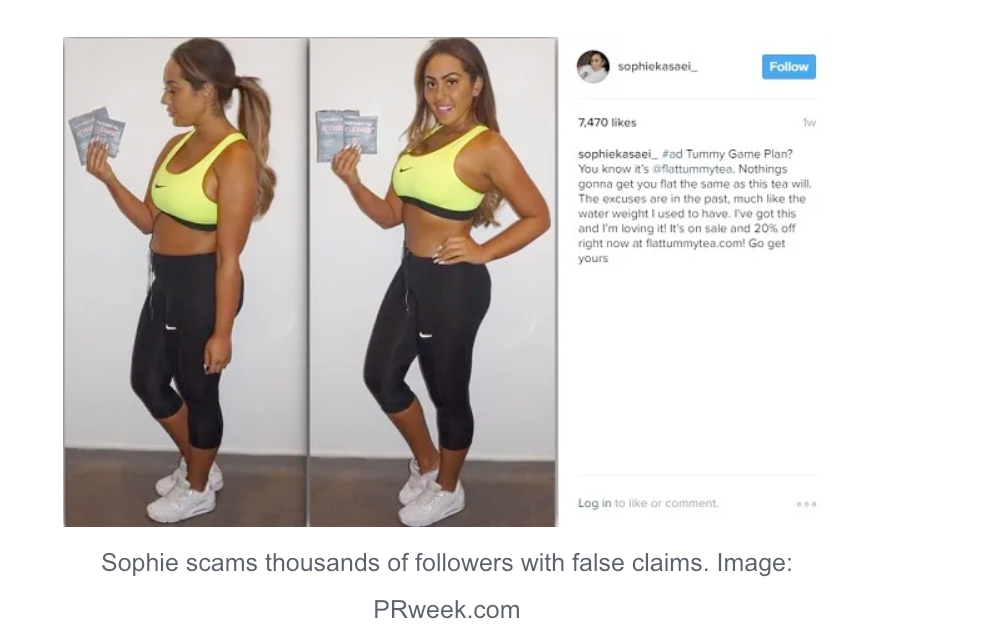
The studies found that 32% of teen girls reported feeling worse about their bodies after using Instagram. Among teens with suicidal thoughts, 13% of British and 6% of American users attributed these feelings to Instagram use.
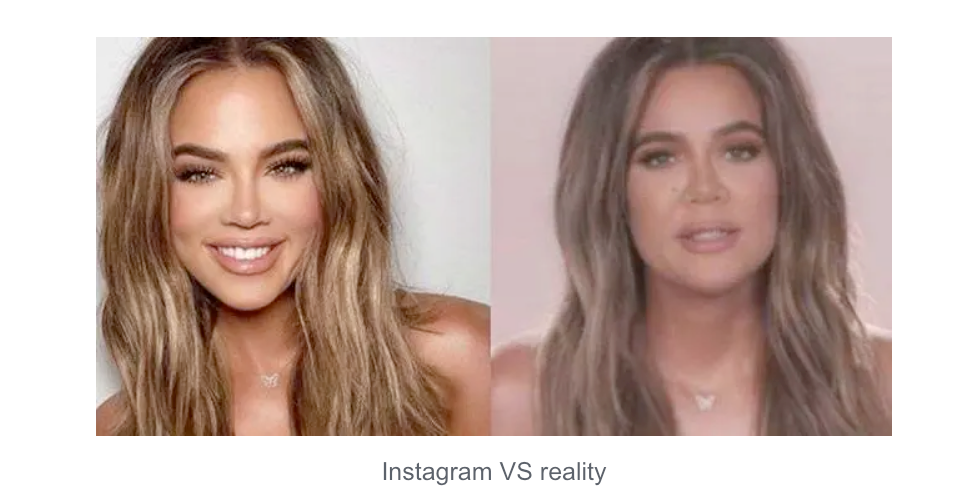
Furthermore, a SimpleTexting survey highlighted that 68% of Gen Zers and 45% of all respondents view Instagram as having the most negative impact on mental health. These findings underscore the significant mental health challenges linked to the platform.
Instagram’s algorithmically-driven feeds, which tailor content to each user’s engagement patterns, have been criticized for drawing vulnerable teens into dangerous spirals of negative social comparison. This has raised questions about the platform’s responsibility in moderating content that can be detrimental to the mental health of its users.
The issues surrounding Instagram highlight the broader challenge the social networking app faces in balancing user engagement with the well-being of their communities.
Instagram is Best For
- Visual Storytelling: A platform primarily for photo and video sharing, ideal for artistic and visual expression.
- Brand Building: Excellent for businesses and influencers to build brand identity and audience engagement.
- Social Connectivity: Facilitates connections through visually appealing content and stories.
Worst For
- Mental Health Concerns: Associated with negative impacts on body image, particularly among teenagers.
- Promotion of Unrealistic Standards: Often criticized for fostering unrealistic beauty and lifestyle standards.
- Content Pressure: This can lead to pressure for perfection in posts, and this social media affects user self-esteem and authenticity.

Snapchat, known for its ephemeral content and multimedia messaging, has faced criticism for privacy and safety concerns. The platform’s feature of disappearing messages, while popular, has been linked to risky behavior, especially among younger users. Snapchat’s location-sharing features, such as Snap Map, have raised concerns about user safety and privacy.
Reports indicate that over 12% of tweens and 34% of teens in the US may be addicted to Snapchat. The platform’s usage can lead to self-esteem issues, eating disorders, anxiety, and depression. Furthermore, Snapchat’s unique feature of disappearing messages contributes to prevalent cyberbullying, as it encourages the sharing of inappropriate content among younger users, posing significant challenges to their mental and emotional well-being.
In 2021, a tragic incident involving Snapchat highlighted the platform’s darker side. A 16-year-old boy died from an overdose after purchasing fentanyl-laced Xanax from a dealer he connected with on Snapchat. This heartbreaking event underscores the potential dangers of illicit activities facilitated through the platform, emphasizing the need for stricter controls and monitoring to protect young users from such harmful exposure.
Moreover, the platform has been criticized for not doing enough to combat cyberbullying and inappropriate content, particularly given its popularity among teenagers. These issues highlight the challenges Snapchat faces in ensuring user safety while maintaining its unique appeal.
Snapchat is Best For
- Instant Communication: Ideal for quick, real-time photo and video sharing.
- Fun Filters and Lenses: Offers creative and entertaining photo/video filters.
- Privacy-Focused Features: Messages and posts disappear after viewing, emphasizing privacy.
Worst For
- Addiction Risks: Particularly for teens and tweens, with potential for overuse.
- Self-Esteem Issues: These can contribute to mental health challenges like anxiety and depression, making a user feel unhappy with their own life.
- Cyberbullying Potential: Disappearing messages feature can facilitate inappropriate content sharing and bullying.

TikTok, a platform known for its short-form video content, has faced several controversies, making it the first social media platform on my list. Criticisms include privacy concerns, especially regarding data handling and potential access by foreign governments.
The platform’s addictive nature and algorithm have raised issues about the impact on young users’ mental health and attention spans. Also, TikTok has been scrutinized for its content moderation policies, with reports of inconsistent enforcement and challenges in managing harmful or inappropriate content.
TikTok, despite its popularity, has serious concerns regarding user content and mental health:
- Algorithm’s Dark Side: The Center for Countering Digital Hate (CCDH) study revealed TikTok’s algorithm recommended suicidal content to new users, sometimes within just minutes of joining.
- Harmful Content Exposure: Users can encounter eating disorder content within 8 minutes, with potentially harmful content pushed as often as every 39 seconds.
- Beauty Standards and Bullying: The platform is criticized for promoting unrealistic beauty standards, like side-profile challenges and jawline checks, leading to fat-shaming and bullying.
- Eurocentric Ideals: TikTok’s algorithm favors Eurocentric beauty standards, posing risks to users not fitting these ideals.
- Impact on Youth: Many TikTok users are impressionable children and teens, vulnerable to toxic content and beauty standards.
TikTok’s mix of widespread influence and problematic content areas places it among the more controversial social media platforms.
TikTok is Best For
- Creative Expression: Platform for showcasing creativity and talent through short videos.
- Viral Content Potential: High engagement and the possibility for content to go viral.
- Community Building: Connects users with similar interests through video content.
Worst For
- Mental Health Impact: This can lead to self-esteem issues and anxiety among users.
- Content Moderation Challenges: Struggles with filtering harmful or inappropriate content.
- Beauty Standard Promotion: Often promotes unrealistic beauty standards and Eurocentric ideals.
Wrapping Up the Worst Social Media Platforms Maze
We’ve journeyed through the complex world of social media, uncovering the darker sides of platforms that have become integral to our digital lives. From privacy breaches to mental health impacts, these insights are eye-openers.
Key takeaways:
- The fine line between connectivity and privacy violations.
- Mental health risks associated with social media use.
- The importance of user awareness and platform responsibility.
Looking Ahead: As we navigate this ever-evolving digital landscape, being informed and vigilant is key. Understanding the pitfalls of these platforms empowers us to make better choices in our online interactions. Stay savvy in the social media maze.
